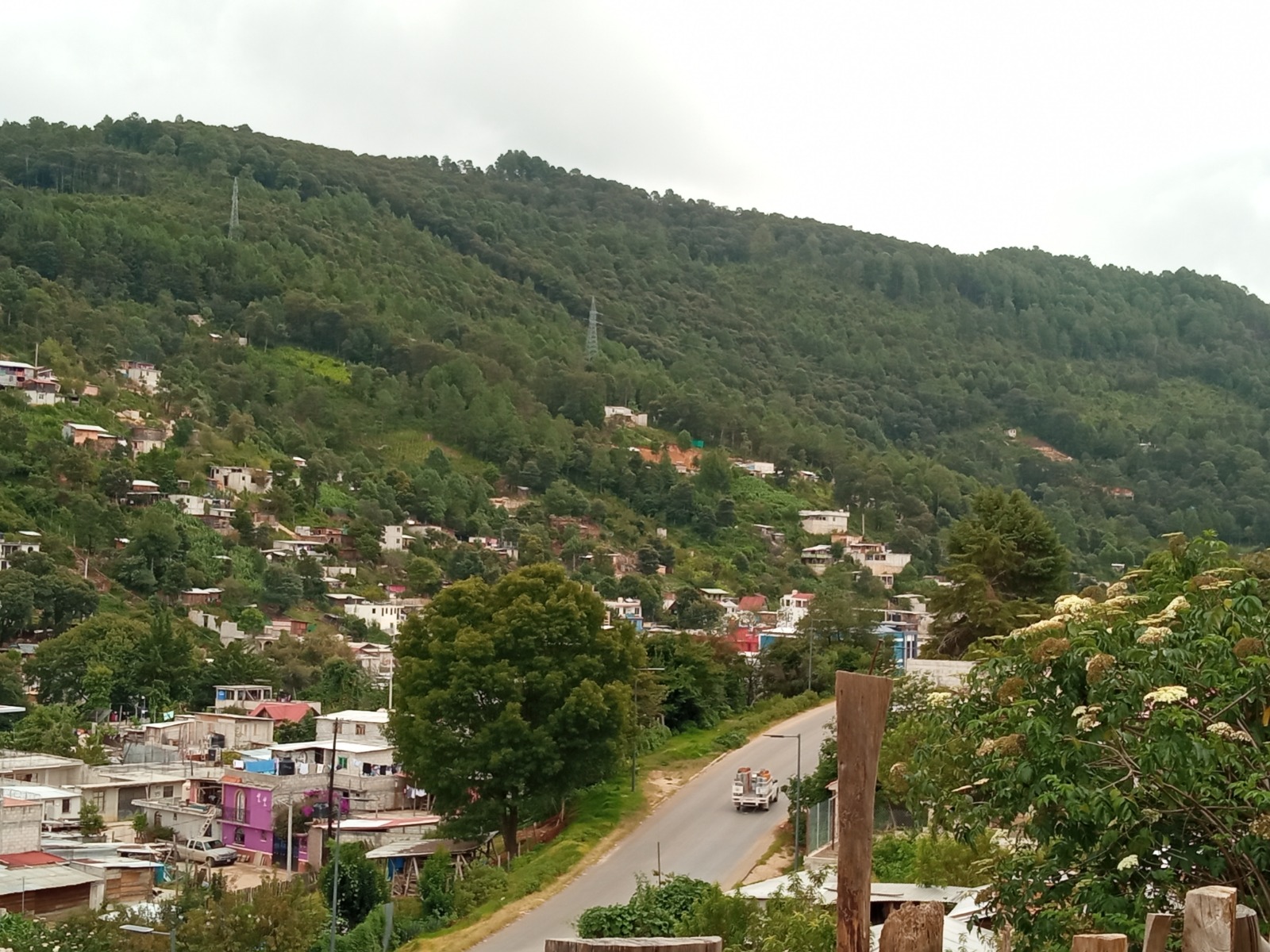TERRITORIAL DISPUTES IN THE EJIDO CUXTITALI EL PINAR IN SAN CRISTÓBAL DE LAS CASAS, CHIAPAS, IN A CONTEXT OF THE EMERGENCE OF ARMED CIVIL GROUPS (2020-2023)
DOI:
https://doi.org/10.22478/ufpb.2447-9837.2023.n15.65927Abstract
The article analyzes the emergency and operation of an armed group that busted in the Cuxtitali El Pinar, ejido of the Mayan tsotsil population in San Cristóbal de Las Casas, Chiapas, Mexico. Since 2020 the armed group has carried out invasions of land and springs with the purpose of selling them, without the authorization of the ejido’s assembly. We employ the concept of “criminal governance” (ARIAS, 2017), which refers to the territorial dominance of a group that submits the local population to their rules through weapons. This situation has infringed on the ejido rules of coexistence, the social fabric, and the solidarity networks. The current battlefield is between the norms of the community security system and the attempt by the armed group to install its criminal governance over the ejido territory.
KEYWORDS: Cuxtitali El Pinar. Popular Front Sentiments of the Nation (FPSN). Criminal governance. Armed civilian groups.
Image: Ejido Cuxtitali El Pinar in September 2023. Author: Miguel Ángel Romero Cruz.
Downloads

Downloads
Published
Issue
Section
License
- Autores mantém os direitos autorais e concedem à revista o direito de primeira publicação, com o trabalho simultaneamente licenciado sob a Licença Creative Commons Attribution que permite o compartilhamento do trabalho com reconhecimento da autoria e publicação inicial nesta revista.
- Autores têm autorização para assumir contratos adicionais separadamente, para distribuição não-exclusiva da versão do trabalho publicada nesta revista (ex.: publicar em repositório institucional ou como capítulo de livro), com reconhecimento de autoria e publicação inicial nesta revista.
- Autores têm permissão e são estimulados a publicar e distribuir seu trabalho online (ex.: em repositórios institucionais ou na sua página pessoal) a qualquer ponto antes ou durante o processo editorial, já que isso pode gerar alterações produtivas, bem como aumentar o impacto e a citação do trabalho publicado (Veja O Efeito do Acesso Livre).


